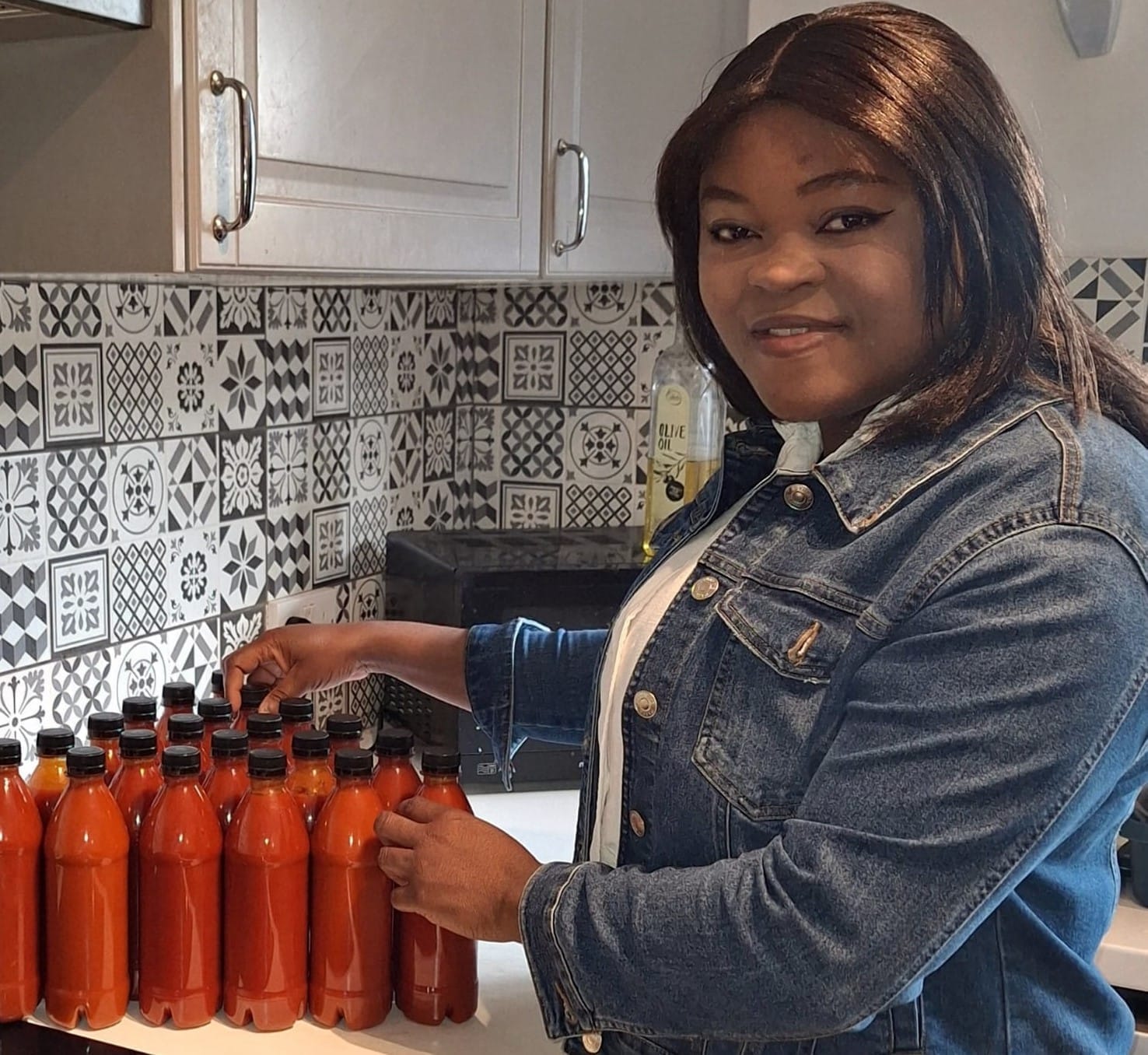[Job Board Updated] 5 NHS Jobs with Sponsorship Opportunities and a Strategy that Works + The 72-Year-Old Cleaner Whose Story Will Shake You
I Need a Dream Job

Strategy that Works!
When Chinwe reached out to me, she had almost given up. With over 120 applications on her TRAC dashboard and just 1 interview without success, she seemed doomed to the corridors of agency jobs despite being a dependent with literally no cap on work hours.
We discussed a different strategy: start at an entry-level role, get your foot in the NHS, then target sponsorship roles once inside the system.
Within three months, she landed a Band 2 support role in the Midlands, and by month six, she had moved to Band 3 and was offered sponsorship by the same Trust. Today, she's on her way to permanent residency, building a new life with confidence.
This story is not unique.
Over the past year, this strategy has helped many people like Chinwe. This method consistently increases your chances of getting sponsored by up to 60–70%, especially when applying directly with NHS Trusts that are already licensed sponsors.

If you are unemployed or looking to switch to the NHS, we are excited to announce new roles on our UPDATED job board, all posted by NHS Trusts that provide visa sponsorship. These roles are ideal for those seeking Band 2–3 entry points into the NHS system. Remember the strategy above, though some roles do not provide sponsorship, these Trusts do, and this is written in the job advert.
Here’s a quick snapshot of the current openings on the job board:
Health Care Support Worker – Community Learning Disabilities (Band 3)
📍 Warrington | ⏰ Deadline: 11/06/2025Senior Healthcare Support Worker – Gynaecology Outpatients (Band 3)
📍 Chertsey | ⏰ Deadline: 08/06/2025Specialist Dementia Support Worker – Older People (Band 3)
📍 Bakewell, Derbyshire | ⏰ Deadline: 09/06/2025Clinical Support Worker / Higher Level (Band 2/3)
📍 Middlesbrough | ⏰ Deadline: 11/06/2025
Theatre Support Worker – Orthopaedics (Band 2/3)
📍 Scarborough & Bridlington | ⏰ Deadline: 02/06/2025
YOU AND YOUR MONEY

I Met Aminata at My Work
I met Aminata at work. She was quiet, consistent, and always in motion, despite a carefully concealed limp in her walk. I noticed her hands trembled slightly as she wiped down surfaces—her fingers swollen, not from leisure or gardening, but from decades of labour. These were the hands of someone who had scrubbed hospital corridors for years, under fluorescent lights that never dimmed.
Aminata is 72.
She still cleans for a living, just as she did when she arrived from Sierra Leone over fifty years ago. Her days start before dawn, catching the earliest bus through the London cold, her uniform folded neatly in a worn bag.

She once told me that in her forties, she dreamt of retirement—a warm home, a chair by the window, and the simple joy of holding her grandchildren without the weight of looming bills. But by her mid-fifties, those dreams had faded. Rising costs, unpaid utilities, and a bank account that never had a chance to grow had turned retirement into nothing more than a pipe dream.
She had hoped to retire at 55 and return to Africa to live in her big house. But after spending several holidays there, she came to a painful realisation: she had become a stranger in the place she once called home. After so many years in Europe, adapting to life there no longer felt viable. Her house back in Africa couldn’t generate the income needed to sustain even her modest lifestyle in the UK—even if she sold it. And the tenants? Her own relatives, who believe they’re doing her a favour by living in the house rent-free.
If she’s not on the phone angrily discussing money misused by family back home, she’s seated quietly in a modest corner, lost in thought, perhaps dreaming of what could have been.
One day, during a brief moment of small talk, she showed me a photo of her younger self, taken at the airport in Freetown, standing beneath the “Departures” sign. Her eyes, then, were full of hope, chasing the future the West had promised. As I looked from the photo to her face, I saw what the years had taken: deep lines carved by time and struggle. The wealth Aminata had come searching for never arrived. Now, with aching knees but an unbroken spirit, she carries on—not because she wants to, but because she has no other choice.
Aminata’s story stays with me. And it should stay with you too.
You might be earning more than you ever imagined — yet still feel broke. You show up, you work hard, but the money disappears before the month ends. And maybe, deep down, you fear ending up like Aminata — working into old age, with nothing to fall back on.
This cycle must end. Not through luck, but through knowledge, discipline, and new financial habits.
That’s why I created this basic book - download free guide here — for our community. For people like Aminata. For people like you.
Conclusion
Today, we updated job board, as we do weekly, and introduced you to a strategy that works. Apply for roles on our updated NHS job board, use the free resources provided, and take control of your financial journey—so you can retire on your own terms, not out of necessity.
Aminata’s story is a powerful reminder of what’s at stake—not just finding work, but building a future. Whether you're applying for your first NHS role or striving for long-term financial stability, the choices you make today matter. Don’t wait until it’s too late to build the life you deserve.
You owe it to yourself.
You owe it to your future.
Wishing you success,

Gaius Amonye
Founder, StandTall Community
Researcher | Financial Educator | Advocate for Black Wealth
💬 Let’s Connect
📎 Connect with me on LinkedIn
🌍 Explore more at StandTall Resources
Let's rewrite our story—one job, one strategy, one decision at a time.
Join StandTall Community for free
Created with © systeme.io


